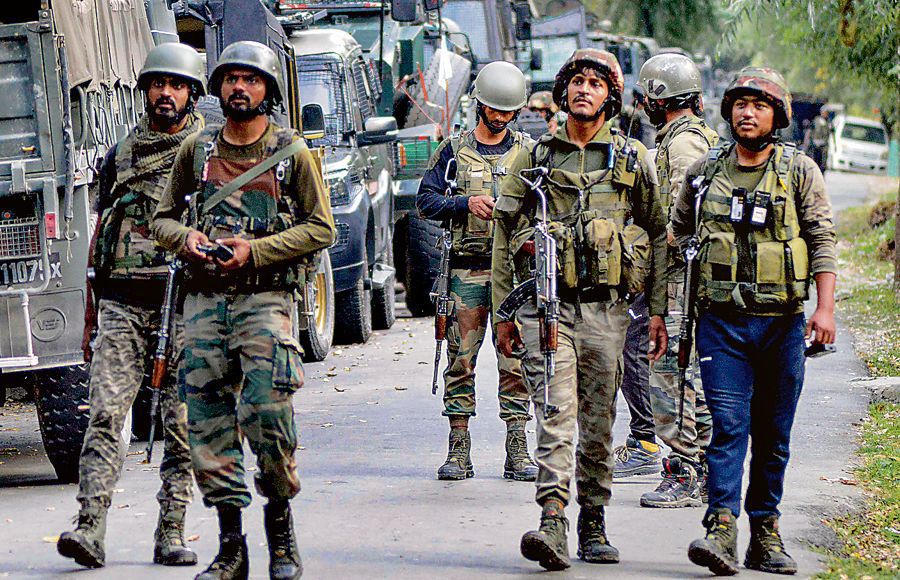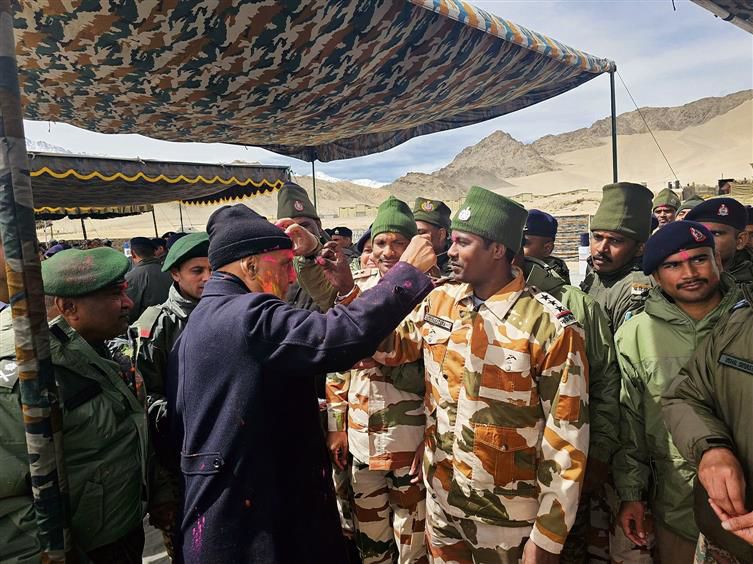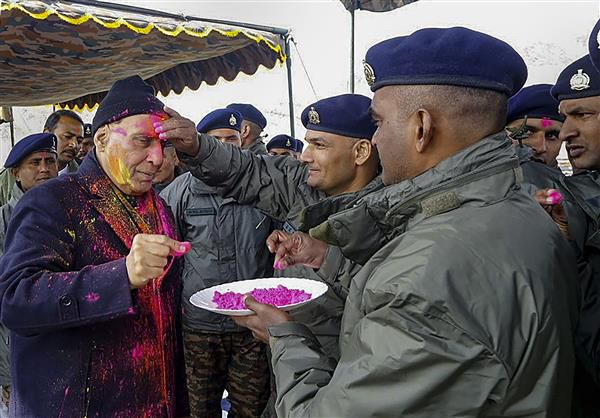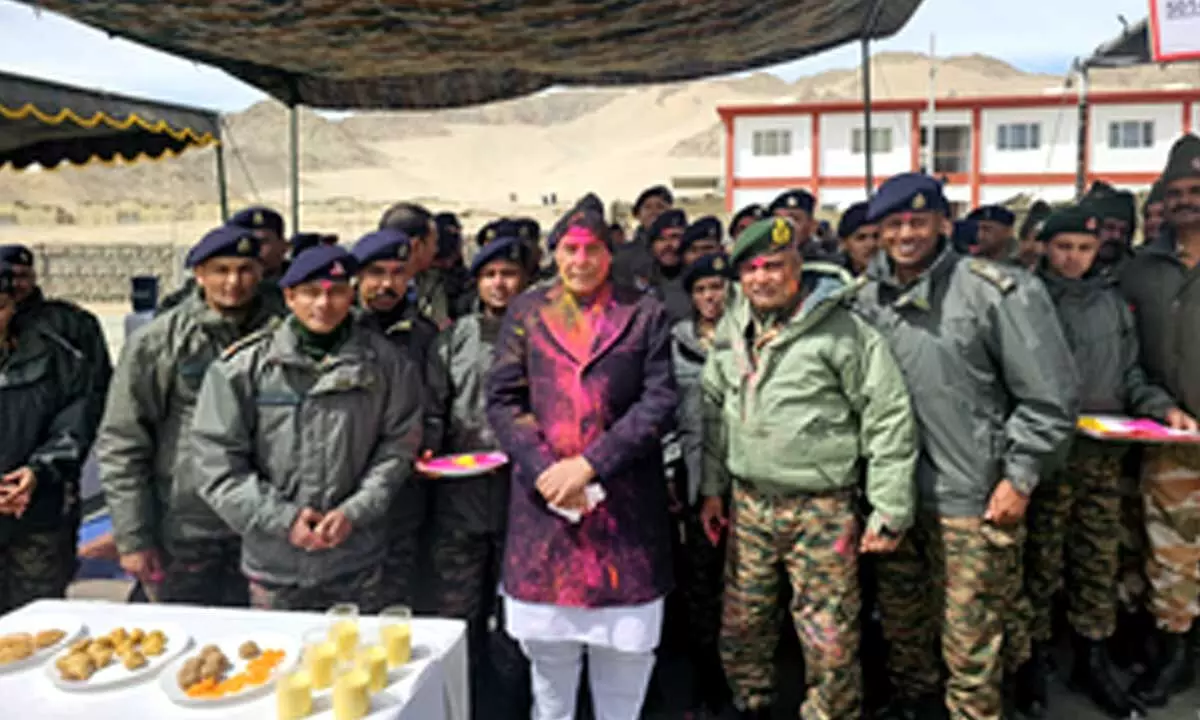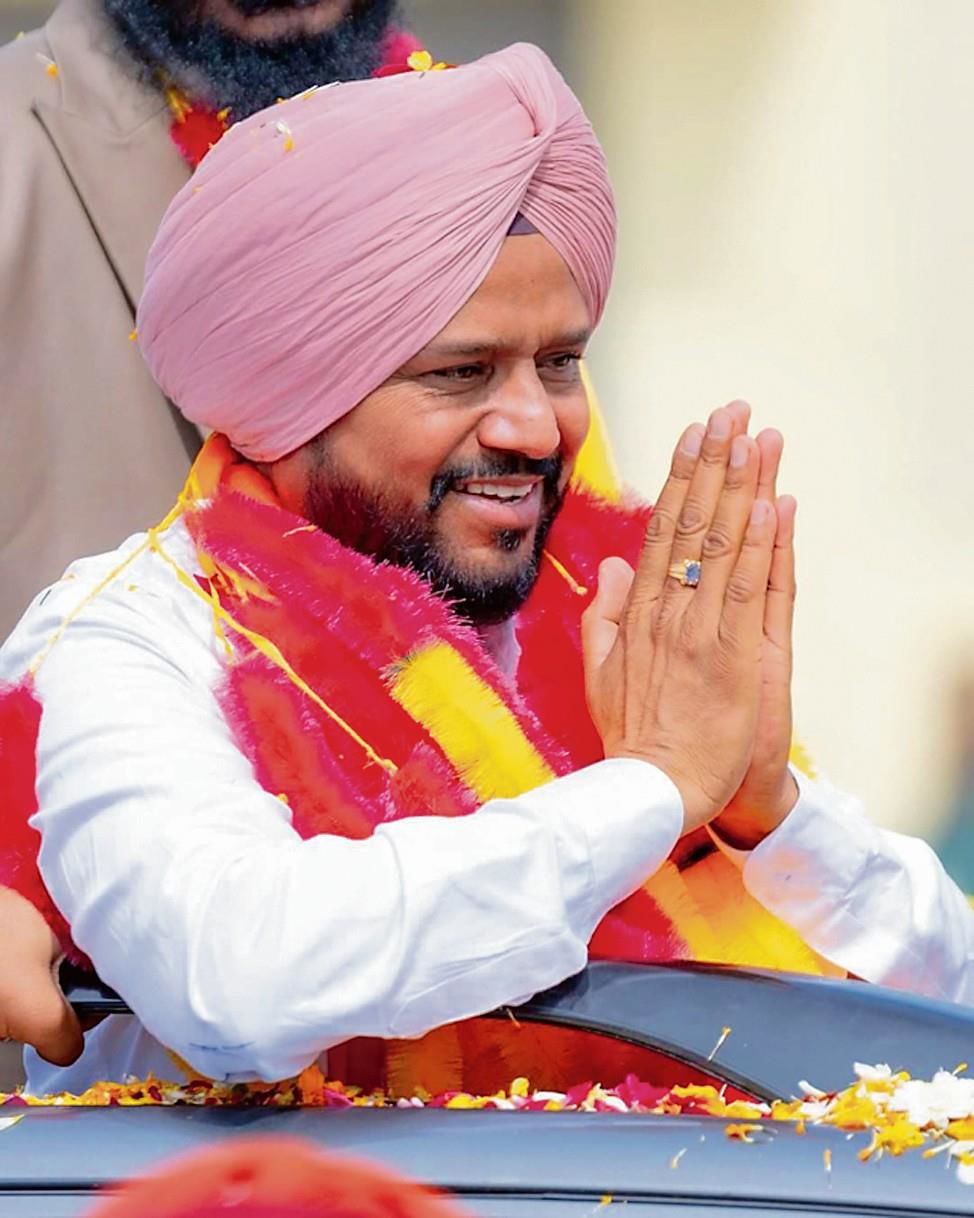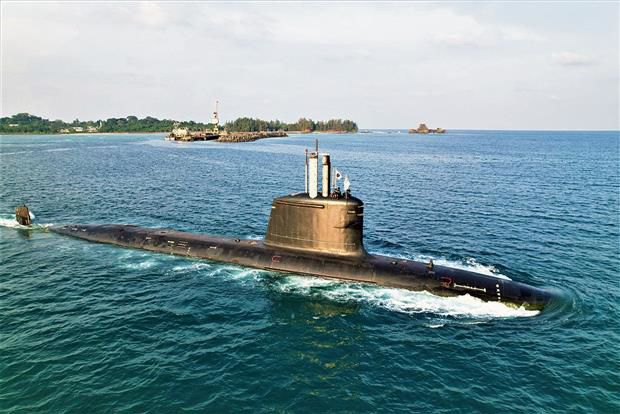india’s fading commitment to Tamil autonomy and the 13th Amendment points at the changed geopolitics.
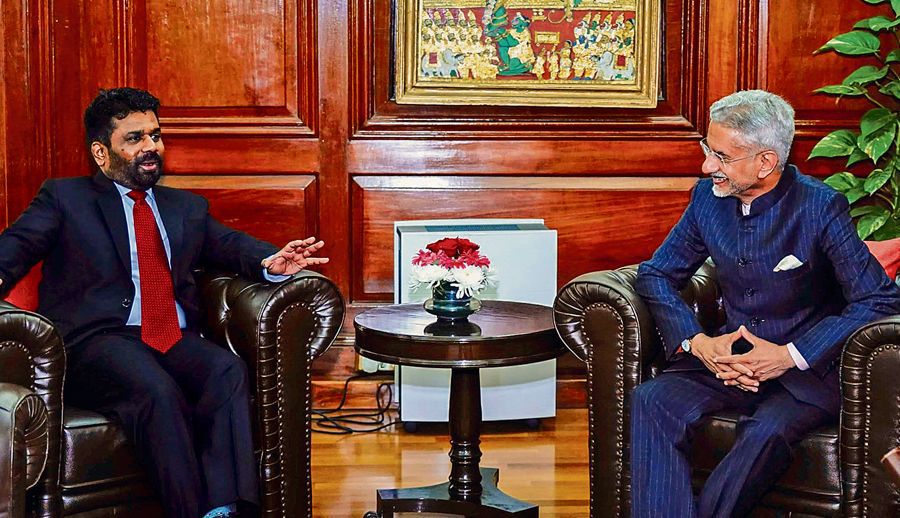
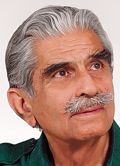
INDIA is now courting a political party from Sri Lanka that was earlier on its banned list and had its name circled in red, denoting its ‘enemy’ status. Last month, it invited to New Delhi a delegation from that once-dreaded organisation, the Janatha Vimukthi Peramuna (JVP) or the People’s Liberation Front, led by Anura Kumara Dissanayake. He has emerged as a popular leader since the historic people’s movement (Aragalaya) in 2022 that dislodged then President Gotabaya Rajapaksa following a catastrophic financial meltdown. The Institute for Health Policy’s recent survey showed Dissanayake well ahead of Opposition leader Sajith Premadasa in the ratings of presidential hopefuls.
In New Delhi, Dissanayake met External Affairs Minister S Jaishankar and National Security Adviser Ajit Doval. Veterans of the Indian Peace-Keeping Force (IPKF) recall that the JVP was bitterly opposed to India; a JVP sympathiser in the Naval Honour Guard had hit then Indian Prime Minister Rajiv Gandhi with a rifle butt before the signing of the India-Sri Lanka Accord in Colombo in 1987.
The JVP delegation also visited Ahmedabad and Thiruvananthapuram. After the meeting in Delhi, Jaishankar said he had a good discussion “on our bilateral relationship and mutual benefit from its further deepening”. He also discussed Sri Lanka’s economic challenges and the path ahead, adding that India would always be a reliable friend and a trusted partner. JVP MP Vijitha Herath, who was part of the delegation, said after his talks with Doval: “We discussed regional security and bilateral issues connecting India and Sri Lanka.”
Jaishankar had earned his diplomatic spurs in Sri Lanka in the late 1980s when India tried in vain to help Sri Lankan Tamils obtain autonomy, even as around 1,200 Indian soldiers lost their lives. He stated that “the Sri Lankan society has good feelings towards India as we built infrastructure, supplied fuel and power, and made other investments. We gave Colombo $4.5 billion to tide over the country’s first sovereign default”. For a long time, the Sinhalese harboured anti-India sentiments over the LTTE (Liberation Tigers of Tamil Eelam), against whom Sri Lanka fought a bloody 30-year-long battle. Eventually, the Tamil Tigers were defeated — which was originally the IPKF’s mission.
Jaishankar’s sharp comment (‘bullies don’t give $4 billion’) was a riposte to Maldives President Mohamed Muizzu’s allusion to the presence of Indian soldiers in his country.
India’s intervention in Sri Lanka at the invitation of then President JR Jayewardene was to help it fight its two-front wars: the LTTE in the north-east and the JVP in the south. Earlier, in 1971, Indian troops helped Sri Lanka crush a JVP-armed revolt that targeted police stations in the south. In its more menacing second avatar in 1987, the JVP came close to capturing key installations in and around Colombo. One of the reasons for the revolt was the presence of Indian troops on Sri Lankan soil. In 1970, the communist JVP, with the help of North Korea and even China, had been planning to mount a nationwide insurrection against the Sirimavo Bandaranaike government. The mastermind was a Marxist-Leninist, Rohana Wijeweera. On April 5, 1971, the JVP attacked police stations, captured many cops and held towns for several weeks. One of the key missions of the campaign was to free Wijeweera from the Wellawatte jail. An international operation that involved the UK, the erstwhile USSR, Australia and India came to the government’s rescue. Gorkhas were heli-lifted from Bengaluru to Colombo, while three Indian Navy frigates established a cordon sanitaire. The revolt was crushed in six months, but later, Wijeweera was released. He unsuccessfully fought the presidential elections in 1982.
By 1987, Wijeweera had organised a military wing that carried out assassinations and a terror campaign. He was killed in 1989 in an intelligence-based operation. When Wijeweera was taken out, then Defence Minister Ranjan Wijeratne declared it the greatest success of the security forces. JVP politburo members Athula Jayasinghe, Mahinda Wijesekera, Somawansa Amarasinghe, Victor Ivan and Jayadeva Uyangoda became politicians, ministers and academics. Following its failed revolution, the JVP transformed itself into a democratic political party along with the National People’s Power Alliance (NPPA) and a politburo. The NPPA has 21 groups and calls itself a ‘collective’. It is anti-India and opposed to the implementation of the 13th Amendment for full Tamil autonomy. Its aim is to build a utopian, classless society. The JVP originally entered electoral politics in the 1980s. It secured sufficient votes in a proportional representation system to have three to four MPs and Central ministers in coalition governments. In 2020, it won 4 per cent of the national vote. In 2001, the JVP had 16 elected members in Parliament; Dissanayake first visited Delhi as part of then PM Mahinda Rajapaksa’s delegation in 2004. Last year, China invited the JVP to Beijing — not for the first time. It was the JVP that opposed 49 per cent stake in the East Container Terminal, Colombo, for Adani Ports.
India is reaching out to the JVP as the mood of the people during the Aragalaya reflected that they were fed up with mainstream parties and corruption in domestic politics. The presidential elections are slated for later this year, and the incumbent Ranil Wickremesinghe has promised to hold them on time. Still, people fear that the polls may be postponed. And if the elections are held, Dissanayake could be a frontrunner. After the Maldives fiasco, India is keeping national interest uppermost following the $4.5-billion ‘good faith’ investment in Sri Lanka. India’s fading commitment to Tamil autonomy and the 13th Amendment points at the changed geopolitics. Though police powers are reported to have been finally devolved, a private member’s Bill is attempting to revoke them. Whether it will be implemented is the question. A JVP President in Sri Lanka is no longer a remote possibility.












